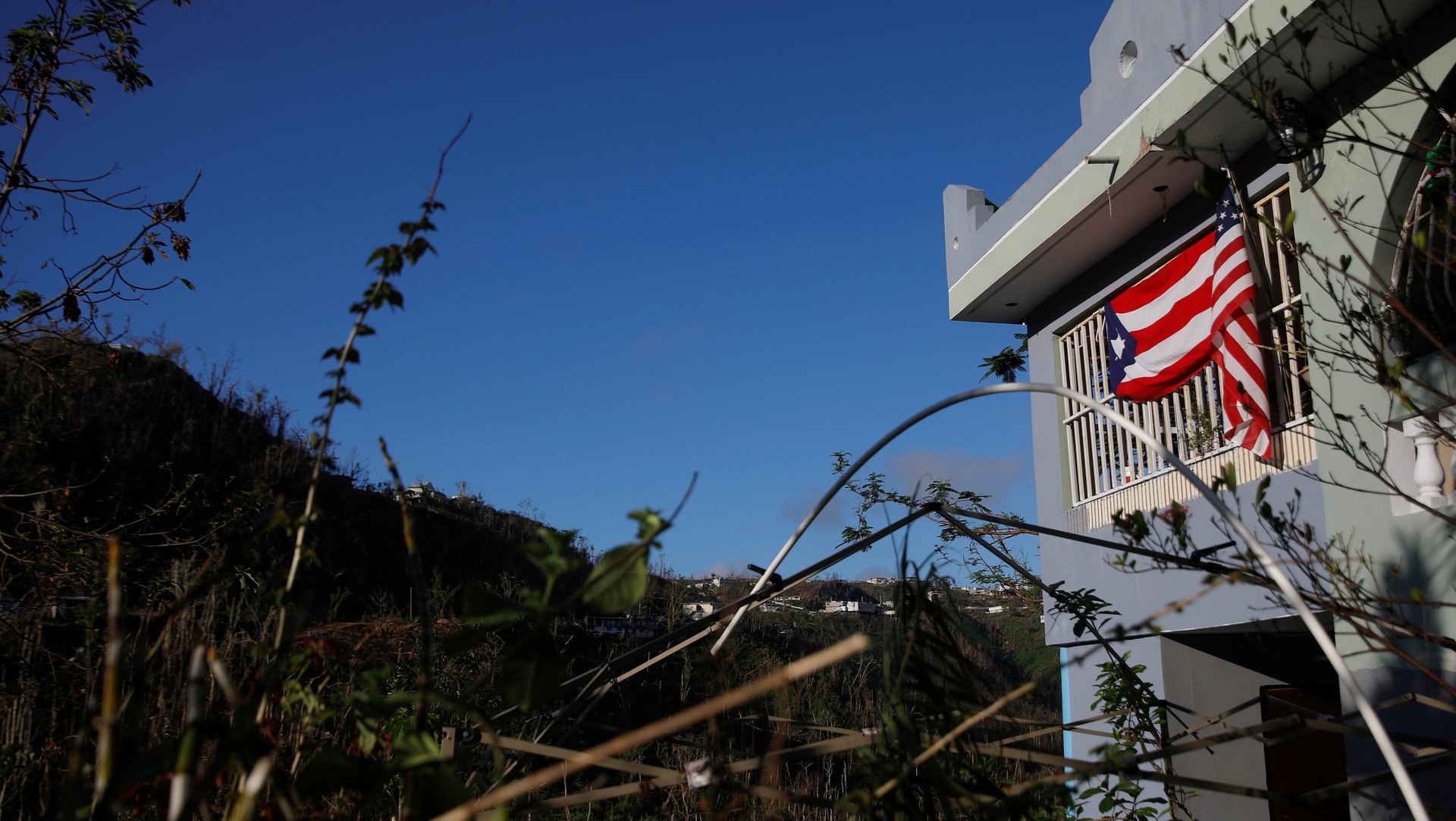Yes, Puerto Rico pays federal taxes. Here’s how much
Aside from knocking down power lines and destroying thousands of homes in Puerto Rico, Hurricane Maria has had another consequence: Giving Americans on the mainland a crash course in the history and political status of the US territory.


Aside from knocking down power lines and destroying thousands of homes in Puerto Rico, Hurricane Maria has had another consequence: Giving Americans on the mainland a crash course in the history and political status of the US territory.
By now, many Americans likely have heard that though the island is not a US state, its residents are US citizens. Those who have delved into the coverage in the aftermath of Maria may have read that US took over Puerto Rico from Spain in 1898, and that US policies have played a big role in shaping the island’s economy, including the obscure Jones Act, a law that bans foreign ships from shuttling goods between US ports.
Another formerly little-understood fact that is coming to light: Puerto Ricans pay federal taxes. This has been the subject of some confusion, aided by president Donald Trump’s views on the federal government’s role in the post-hurricane recovery.
Trump’s framing of his administration’s support of Puerto Rico in Maria’s aftermath is one of goodwill, not obligation. During his visit to Puerto Rico on Oct. 3, he complained about the cost of the federal response; he later tweeted that Federal Emergency Management Agency (FEMA) officials can’t stay on the island indefinitely.
In fact, Puerto Rican tax dollars help fund the the federal government, including FEMA. Though they don’t owe taxes on individual income, like other Americans, Puerto Ricans pay business, payroll, and estate taxes. Here’s what the Internal Revenue Service has collected from the island in recent years.
That’s more than $20 billion channeled to the same coffers that keep the Trump administration running, just $2 billion shy of what the state of Vermont contributed in taxes during the same period.